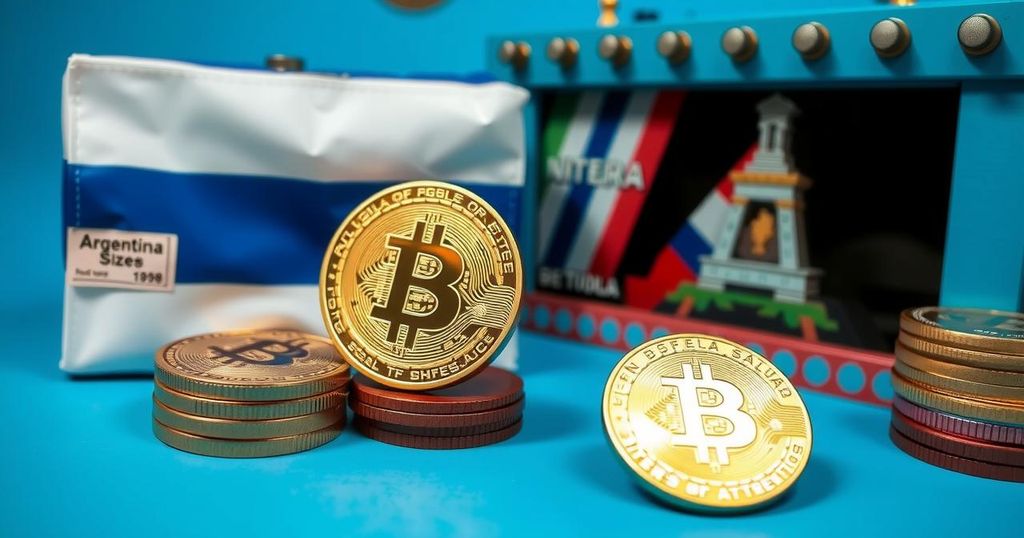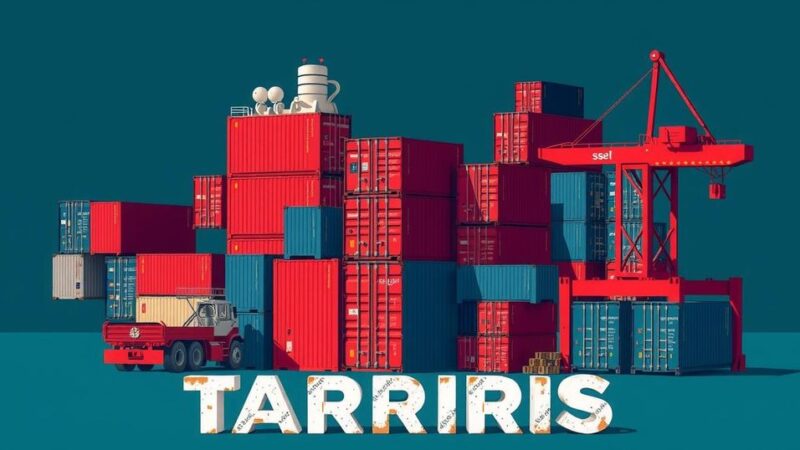Latam Insights details key cryptocurrency developments in Latin America: El Salvador aggressively continues Bitcoin purchases despite IMF suggestions, Argentina freezes $3.5 million in USDT linked to Rainbowex fraud, and Brazilian Congresswoman Julia Zanatta raises alarm over drex CBDC potential to eliminate cash.
This week’s edition of Latam Insights delves into significant developments in the Latin American cryptocurrency landscape. El Salvador continues its aggressive Bitcoin acquisitions, contradicting the International Monetary Fund’s (IMF) urging to temper its cryptocurrency pursuits. Meanwhile, Argentina takes a decisive step by freezing $3.5 million in Tether (USDT) linked to an alleged pyramid scheme. Additionally, Brazilian Congresswoman Julia Zanatta raises concerns regarding the risks of the drex central bank digital currency (CBDC) potentially eliminating cash.
El Salvador has reaffirmed its commitment to Bitcoin, acquiring more BTC even after striking a deal with the IMF that suggested moderation in its cryptocurrency initiatives. The director of El Salvador’s Bitcoin Office, Stacy Herbert, reported on social media about the country’s consistent Bitcoin purchases, including a notable acquisition of 12 BTC right after her announcement. El Salvador is poised for an aggressive expansion of its Bitcoin reserves leading up to 2025.
In Argentina, the government has ordered a $3.5 million asset freeze of USDT belonging to Rainbowex, a suspected pyramid scheme that has defrauded numerous citizens. This unprecedented action marks a critical intersection of national law enforcement with cryptocurrency regulations. The successful asset freeze was made possible through public-private collaborations with exchanges and blockchain analytics firms facilitating the operational execution.
Through her efforts in Brazil, Congresswoman Julia Zanatta has highlighted essential issues concerning the drex CBDC’s potential to seize control over currency use, echoing concerns about the erosion of economic freedom. She has introduced legislation designed to block existing proposals seeking to eliminate cash, advocating for the voluntary use of drex to preserve consumer choice in monetary transactions.
In summary, the current landscape reflects a dynamic interaction between government regulations and cryptocurrency use across Latin America. El Salvador stands firm in its Bitcoin strategy while Argentina and Brazil navigate their respective legal landscapes concerning digital currencies. These developments warrant careful observation as they may set important precedents in the evolving role of cryptocurrencies in the region.
The cryptocurrency landscape in Latin America is marked by a complex interplay of government policies, economic factors, and societal implications. El Salvador has gained global attention for adopting Bitcoin as legal tender, prompting both national and international scrutiny from organizations like the IMF. Concurrently, nations such as Argentina and Brazil are grappling with issues surrounding digital assets, including the rise of fraud schemes in cryptocurrency and the introduction of central bank digital currencies. These ongoing developments highlight both the potential benefits and risks associated with cryptocurrencies in an evolving economic framework. Furthermore, the responses from various governments illustrate the need for regulatory measures to protect consumers while fostering innovation. The actions taken by Argentine authorities to freeze assets linked to fraudulent schemes reflect a growing maturity in the approach to managing cryptocurrencies. In Brazil, the move towards implementing a national CBDC raises critical discussions about the future role of cash in society and the implications for individual freedoms.
In conclusion, this week’s Latin American cryptocurrency developments illustrate a significant interconnectedness between government action and market dynamics. El Salvador’s unwavering Bitcoin acquisition strategy highlights the nation’s ambitious plans amidst international pressures. Conversely, Argentina’s asset freeze signals a proactive stance against fraudulent activities in the cryptocurrency sphere. In Brazil, discussions surrounding the drex CBDC point to broader concerns regarding monetary control and personal autonomy. Collectively, these actions underscore the evolving landscape of cryptocurrency adoption and regulation in Latin America, emphasizing the importance of monitoring these trends as they unfold.
Original Source: news.bitcoin.com






